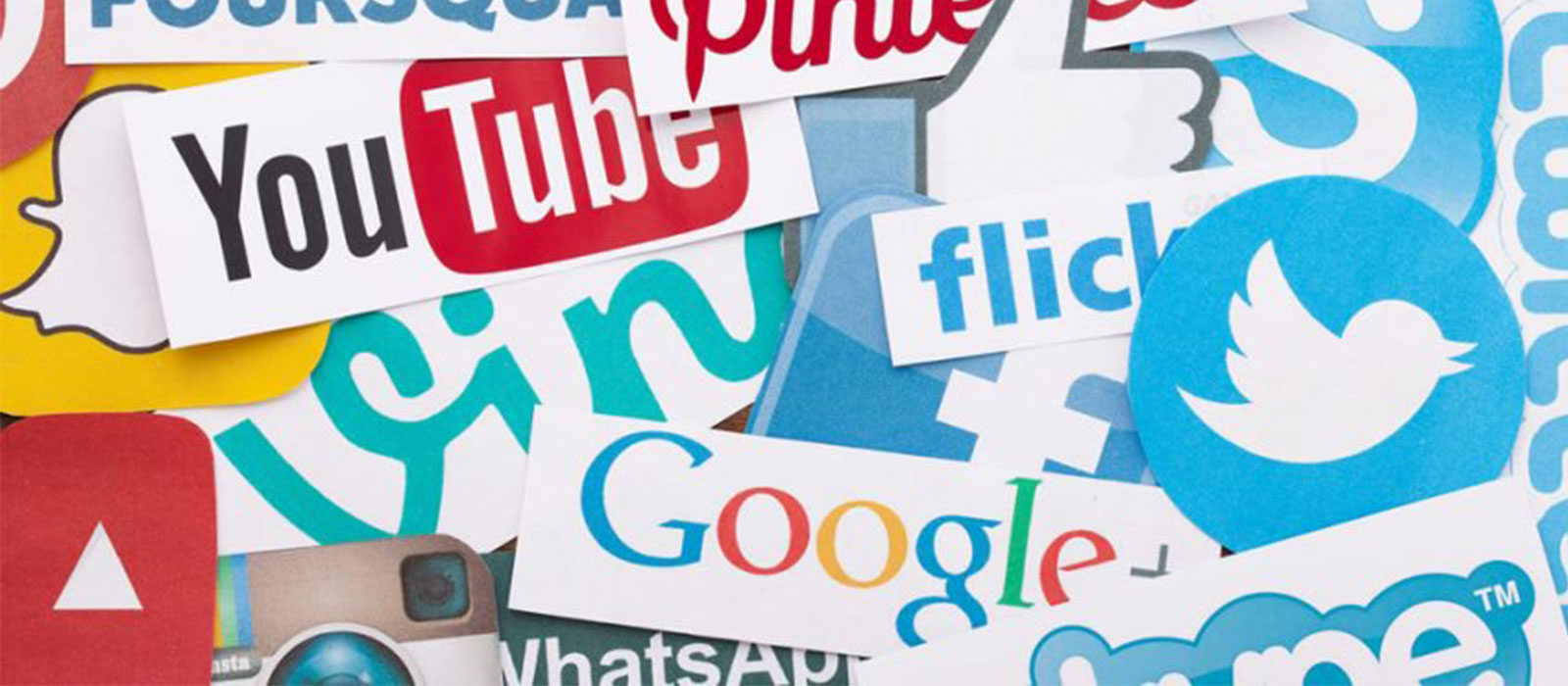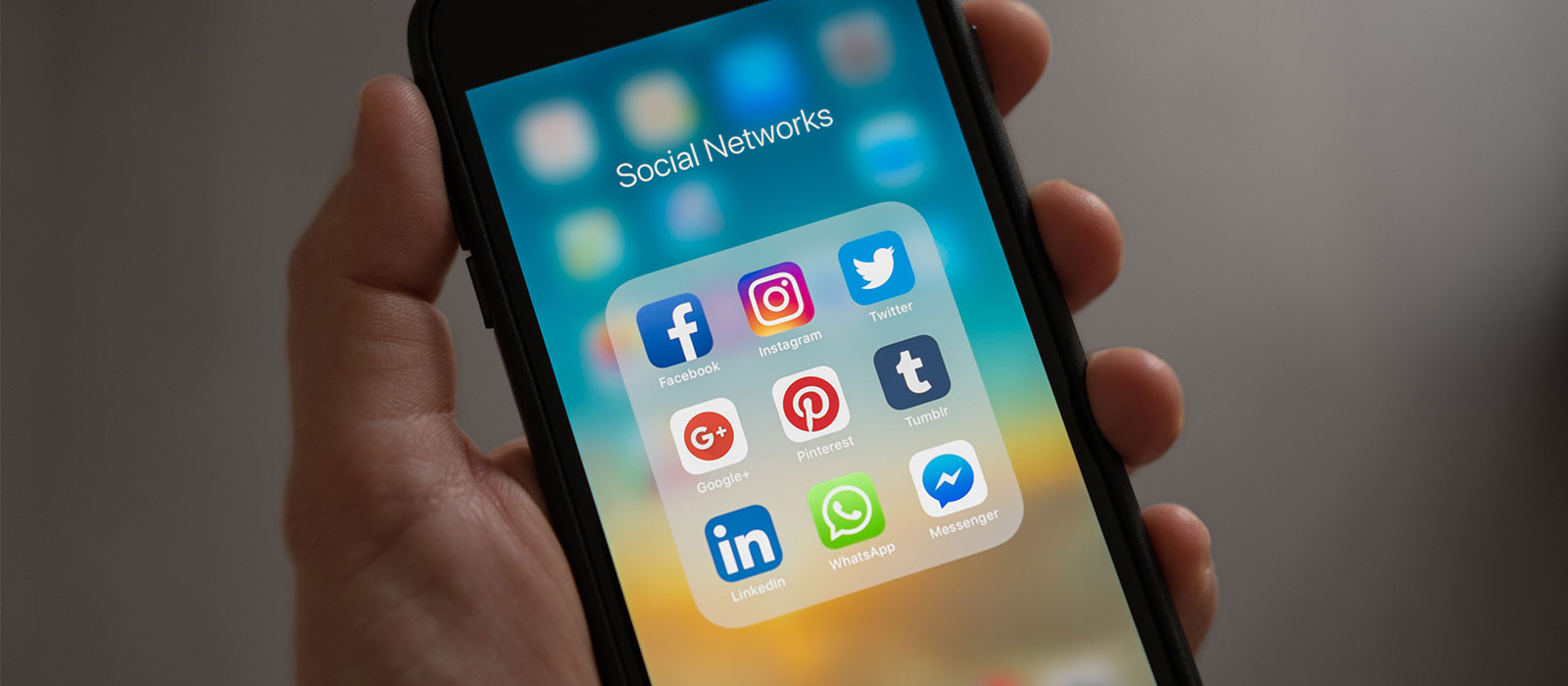Follow These Five Tips For A Successful Social Media Marketing Strategy
It’s no surprise by now that social media can be used very effectively in marketing. It doesn’t matter what size your business is, you can’t deny how helpful social media can be in your marketing strategy. However, there are some things you really need to avoid if you want to stay on top and not cause any legal trouble for your business. So, luckily for you, we’ve got a handy little list of 5 things every company needs to avoid in their social media marketing strategy. 1) COPYRIGHT INFRINGEMENT It is never too late for a company to start on social media, but one of the first hurdles is choosing a logo and setting your profile pictures. These are what your clients and customers will see straight away when they search for you. But choosing the right style can be hard. If you think you’ve found the perfect logo that represents you and your brand, but it is already in use by another company, then there’s nothing you can do. You’re going to have to keep looking I’m afraid! Taking inspiration from your competitors or brands you like is fine, but you can’t copy them outright. It doesn’t matter if they’re in a different country, it is their intellectual property, and those laws hold up across borders. If they are a copyrighted and patented item, then they will win whatever case you throw at them. It isn’t a problem if you want to use someone else’s logo for inspiration, but you should sit down and talk with a graphic designer to really pick out the elements of the design that you like, so they can create something incorporating these features into something that is truly uniquely yours. 2) ALWAYS ASK PERMISSION The next faux pas we often see is people using images without permission from the owner. It might
New Social Media Tool To Clean Up Our Socials
Let’s be honest with ourselves for a moment. We have all said things when we were younger that we regret, but if you’re somewhat of a celebrity with a following you might be a bit scared of what you’ve got hidden somewhere in your old Twitter and Facebook feed. Many people have faced the music when their followers have found an old, defamatory, racist, or just plain rude post on their timeline, and it can seriously affect your reputation. But like I said, we’ve all said something questionable in our time, especially when we were younger. And when social media first became a thing in our lives some felt they could post anything and everything without having to face consequences. But that could come round to bite you if you’re not careful. So what can you do? Well, you can go back and delete all the old, questionable posts yourselves, but that is pretty tedious. You could use twitter advanced search to filter through all the words and phrases you think you might have said that could lead to a bad post, but that can also be time-consuming and not very effective – but if you want to know how twitter advanced search can be used for a business, then read our article here, it’s completely free and lists a whole bunch of ways it can benefit a company! You could also use TweetDelete in the past, but if you have over 3,200 tweets then I’m afraid you’ll have to go back to the old way of doing it manually. There has to be a better way right? Right! An inventor, Samuel Wood, has created something very usefully for all of you that are in this predicament, “Vanilla”. It is meant to help clean your old social media feed. “The idea for Vanilla came about when
Smart Phones, Social Media, and You
We are living in 2018 and it is obvious that technology has become a huge aspect of our everyday lives. The simplistic design of smartphones, apps, and social media has made them a key component in our day to day routine, from staying in contact with friends and family, keeping up to date with the news and current affairs, to providing us with travel information and apps to plan our journeys for us. We are dependent on them. Mark Zuckerberg, the creator of Facebook, said in the 2018 Facebook conference that Facebook prioritises its users, and his original intention was to make the world a better place by connecting people, despite the controversy that has arisen and been in the media recently about Facebook. In a lot of ways he has achieved his goal. As of July 2018, Facebook has over 2,196 million active users, according to statist. Facebook really does bring us closer to people from all over the world and provides a platform for social injustices and issues to be heard. Through Facebook and other social media sites, posts can go viral. This was the case with Elin Ersson, a 23 year old Swedish university student. On the 24th July, she started a live stream video on her personal Facebook page in an attempt to stop a man being deported back to Afghanistan. Elin knew that the man was likely to be killed if he were to go back to Afghanistan due to the ongoing war in the country. She desperately wanted to do all that she could to save his life and encouraged her fellow passengers to do the same by simply standing up. After initially receiving backlash from other passengers and flight attendants, she was eventually supported and succeeded in her efforts. The video she started live on her personal Facebook page has
Disciplinary & Grievance
This document sets out guidance as to the details of how the Disciplinary and Grievance Procedures work in practice, and is not contractual. It also seeks to give employees guidance as to what behaviour the Company finds unacceptable and the possible consequences of that behaviour. Disciplinary Rules 1.1 The Company requires good standards of discipline from its employees, together with satisfactory standards of work. These Disciplinary Procedures apply to any misconduct or failure to meet standards of performance or attendance. It does not apply to genuine sickness absence or proposed redundancies. 1.2 The purpose of the Disciplinary Procedure is to be corrective rather than punitive and it is hoped that the existence of procedures such as these would help and encourage you to achieve and maintain standards of conduct, attendance and job performance and to ensure consistent and fair treatment for all employees. 1.3 If your standard of work or your conduct fall and, if after warnings, remain below the level that is acceptable, you may be dismissed. 1.4 The Company reserves the right to depart from the precise requirements of this Procedure where it is necessary and appropriate to do so and where the resulting treatment of the employee is no less fair. In particular it should be noted that the Company can impose whatever sanction it considers appropriate in the circumstances of each individual case and the range of sanctions set out at Clause 3 can be adopted at any stage up to and including dismissal with or without notice. 1.5 Minor conduct issues can often be resolved informally between the Company and the employee. An informal warning may be given where appropriate. Formal steps will be taken under this Procedure if the matter is not resolved, or if informal discussion is not appropriate. 1.6 Summary dismissal without notice can take place if an
Health and Safety Statement
Inside Digital Ltd recognise that Health and Safety matters are an essential element of overall business objectives and fully support the principles contained within UK Health and Safety legislation. We are committed to identifying, and so far as is reasonably practicable, eliminating or reducing risks to our employees and any others who may be affected by our undertakings or as a result thereof. Responsibility for implementing this policy is devolved throughout the Management structure. In particular, the Directors of Inside Digital are committed to providing the necessary financial resources and ensuring the competence of all employees through Staff selection and the provision of information, instruction, training and supervision. The Directors of Inside Digital will ensure all Managers are aware of, and accept responsibility for, people and areas under their control and will integrate Health and Safety into everyday Management activities. The Directors of Inside Digital shall also ensure that all employees are aware of their responsibilities and that they are accountable for their own health and safety and that of others who may be affected by their acts or omissions. Inside Digital will maintain effective systems of communication and consultation. Any necessary information will be brought to the attention of employees and others working on our premises. Feedback on the effectiveness of Health and Safety measures will be encouraged. To help ensure the highest standards of Health and Safety the Directors of Inside Digital will monitor performance by implementing a bi-annual evaluation of Health and Safety systems at each location. This Statement, the organisation and arrangements currently in place will be reviewed annually by the Directors of Inside Digital Health and Safety Organisation and Responsibilities Introduction Management of Health and Safety is integrated into the Company’s existing Management structure. Staff at all levels have responsibility for Health and Safety commensurate with the level and scope of their general responsibility. The Managing
Data Protection Policy
In the course of an Employee’s work he may come into contact with or use confidential information about Employees, clients and customers, for example their names and home addresses. The Data Protection Act 1998 contains principles affecting Employees’ and other personal records. Information protected by the Act includes not only personal data held on computer but also certain manual records containing personal data, for example Employee personnel files that form part of a structured filing system. The purpose of these rules is to ensure that an Employee does not breach the Act. If an Employee is in any doubt about what can or cannot be disclosed and to whom, do not disclose the personal information until further advice has been sought from a line manager. Employees should be aware that they can be criminally liable if they knowingly or recklessly disclose personal data in breach of the Act. A serious breach of data protection is also a disciplinary offence and will be dealt with under the Company’s disciplinary procedures. If an Employee gains access to another Employee’s personnel records without authority, this constitutes a gross misconduct offence and could lead to summary dismissal. The data protection principles There are eight data protection principles that are central to the Act. The Company and all its Employees must comply with these principles at all times in its’ information-handling practices. In brief, the principles say that personal data must be: 1. Processed fairly and lawfully and must not be processed unless certain conditions are met in relation to personal data and additional conditions are met in relation to sensitive personal data. The conditions are either that the Employee has given consent to the processing, or the processing is necessary for the various purposes set out in the Act. Sensitive personal data may only be processed with
Holiday Policy
Coming Soon
Sickness Policy
Coming soon
Equality, Diversity & Inclusion at Work
We incorporate equality into our core objectives, making every effort to eliminate discrimination, create equal opportunities and develop good working relationships between different people. We are required to consider all individuals in their day to day work, in shaping policy and in providing services. This is in line with the public sector Equality Duty introduced by the Equality Act 2010.
Smart Phones, Social Media, and You STAFF CONTENT TEST
We are living in 2018 and it is obvious that technology has become a huge aspect of our everyday lives. The simplistic design of smartphones, apps, and social media has made them a key component in our day to day routine, from staying in contact with friends and family, keeping up to date with the news and current affairs, to providing us with travel information and apps to plan our journeys for us. We are dependent on them. Mark Zuckerberg, the creator of Facebook, said in the 2018 Facebook conference that Facebook prioritises its users, and his original intention was to make the world a better place by connecting people, despite the controversy that has arisen and been in the media recently about Facebook. In a lot of ways he has achieved his goal. As of July 2018, Facebook has over 2,196 million active users, according to statist. Facebook really does bring us closer to people from all over the world and provides a platform for social injustices and issues to be heard. Through Facebook and other social media sites, posts can go viral. This was the case with Elin Ersson, a 23 year old Swedish university student. On the 24th July, she started a live stream video on her personal Facebook page in an attempt to stop a man being deported back to Afghanistan. Elin knew that the man was likely to be killed if he were to go back to Afghanistan due to the ongoing war in the country. She desperately wanted to do all that she could to save his life and encouraged her fellow passengers to do the same by simply standing up. After initially receiving backlash from other passengers and flight attendants, she was eventually supported and succeeded in her efforts. The video she started live on her personal Facebook page has


